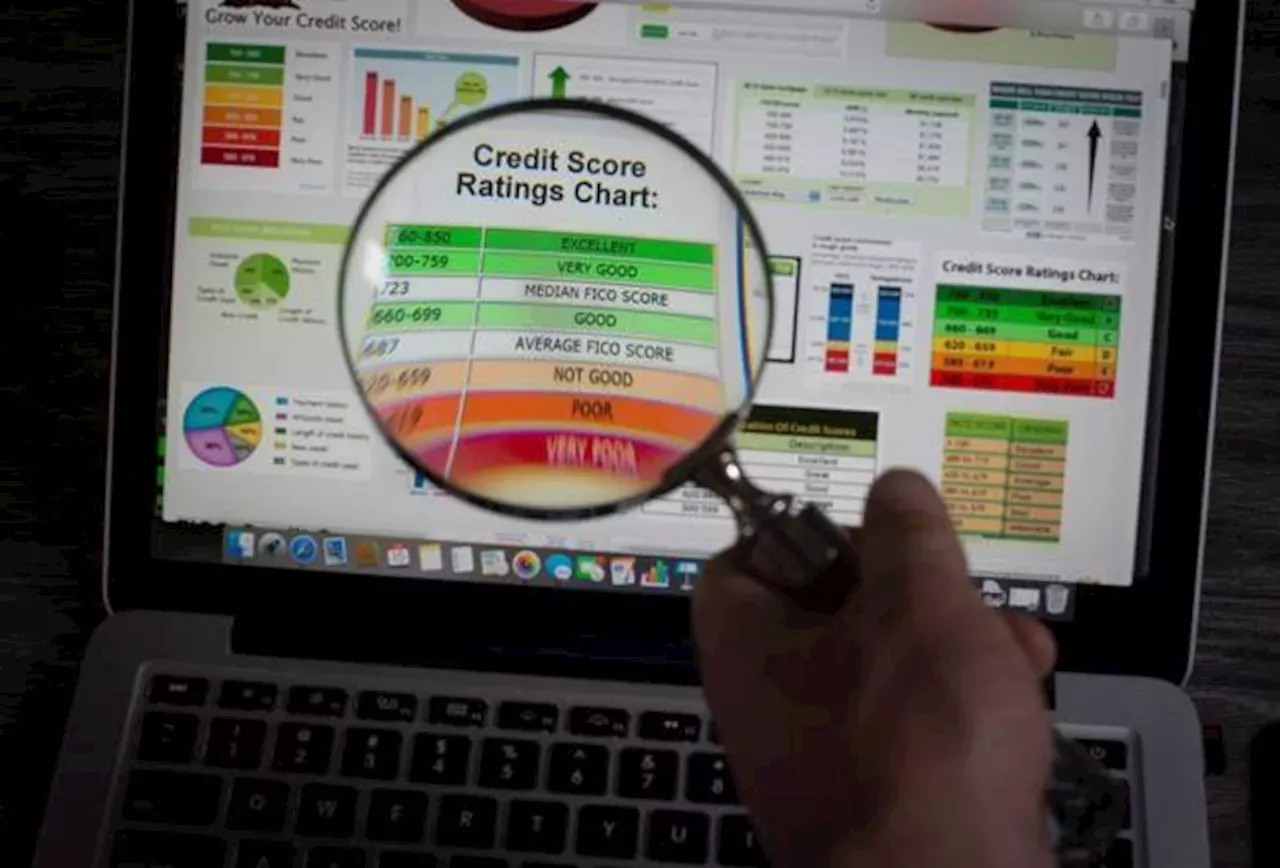Several years ago, when applying for a small-business grant, I was asked for a copy of my credit report. My score was poor, but my sheepishness was countered by the fact it was a non-repayable grant and not a loan. Yet during the interview I was hectored about the importance of having a good credit score and intrusive questions about why I didn’t.has vastly improved, I have noticed their continuing encroachment on our lives.
I don’t disagree with tracking how people use their credit in some manner. But a free, non-profit government-run system with clear goals and an easy-to-understand scoring system would be better-suited than current credit reporting techniques. It’s not an unheard of idea: in 2019, former U.S. presidential candidate Bernie Sanders floated making such a change.
Consider that the algorithms which calculate credit scores are proprietary and largely a mystery to the public. Even standard wisdom is counterintuitive. If trying to make sense of algorithms wasn’t challenging enough, there’s little standardization of what scores mean either. I’ve seen reports that state average scores in Canada vary from 650 to 762, a spread wide enough that their assessments of creditworthiness fail to be useful.
Today, credit users are also responsible for monitoring and solving problems with our files. As it stands, individuals can check their scores for free but are upsold monthly subscriptions to credit monitoring plans to ensure they don’t miss any changes. A U.S. Federal Trade Commission study suggests one in five people have erroneous information on their report; Consumer Reports magazine suggests one in three.
